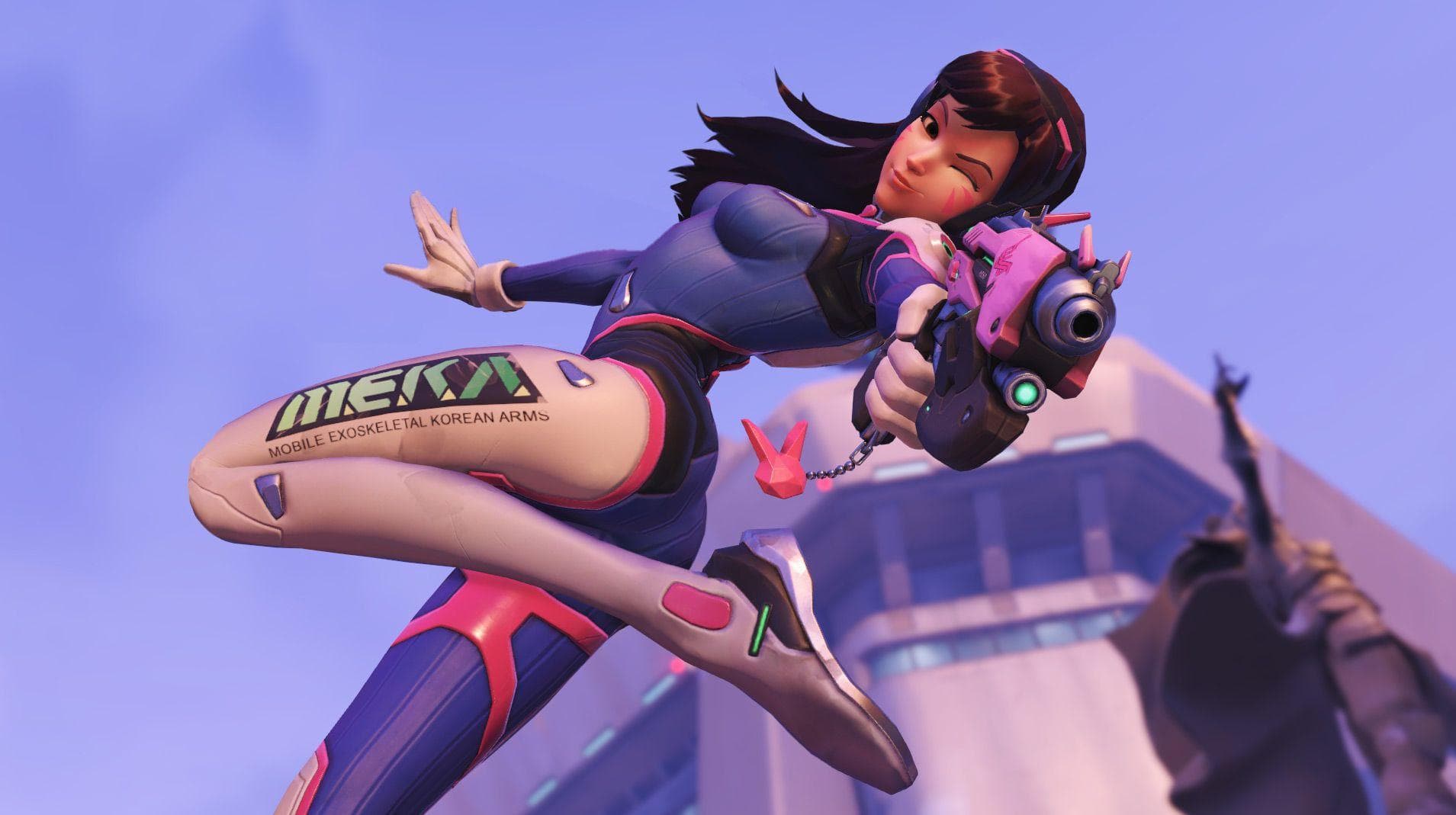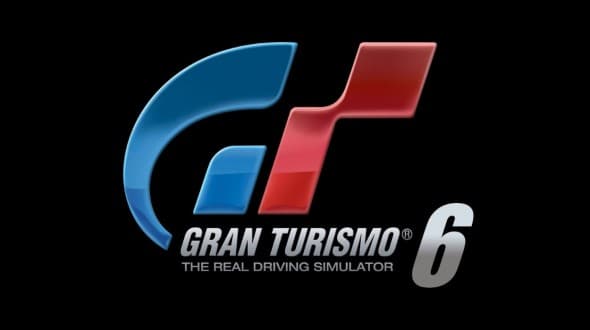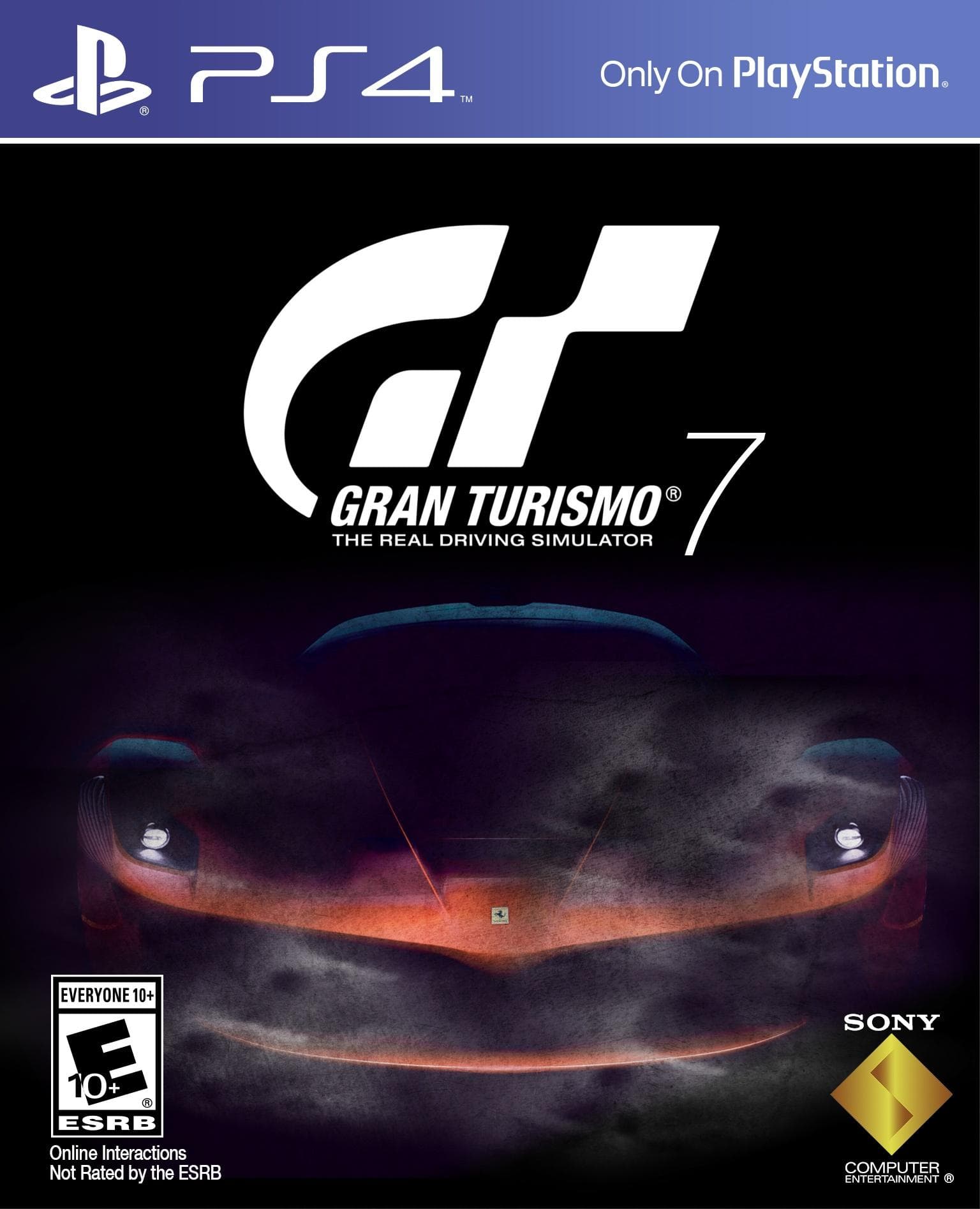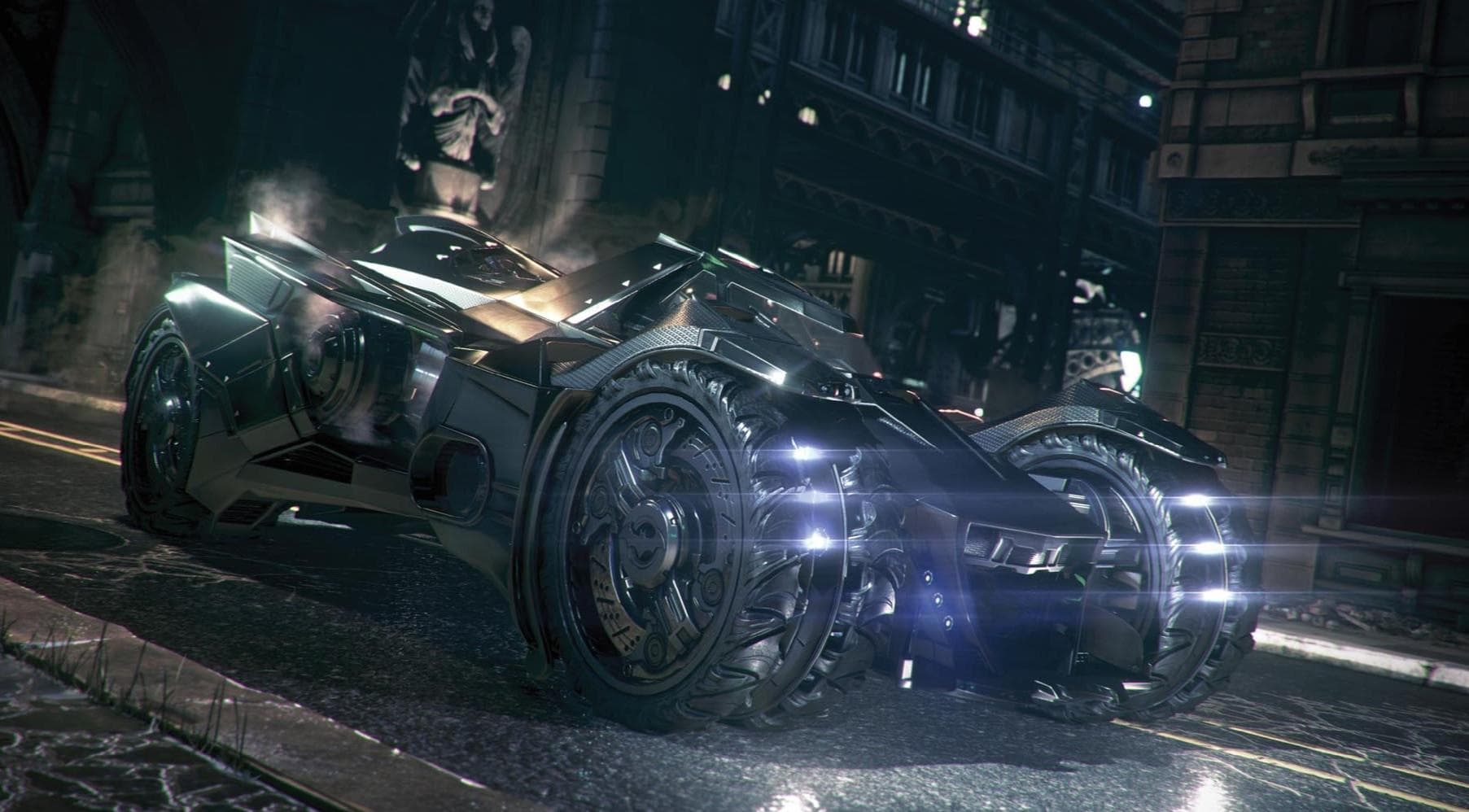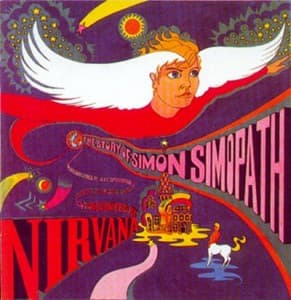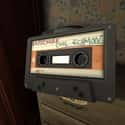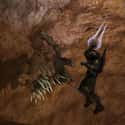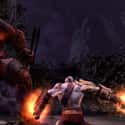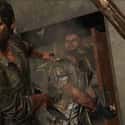-
(#1) Destiny 2
- 2017
Destiny — Developed by Bungie and published by Activision, the former's 2014 release after splitting up with Microsoft wasn’t exactly well-received by critics and fans. The developers set out to change this with 2017's Destiny 2. While the company did address some of fans' concerns about the franchise's lore and storytelling, the improved reviewer scores made it seem like this was a far superior title.
The truth is that it is essentially the same game as its predecessor, with the same boring fetch quests that have you taking out visually similar enemies in different locations. The weapon mechanics are almost identical to how they were before, and it's arguable the whole thing could have been a full-price expansion to the original.
-
(#2) Passage
Passage was one of the first indie games to receive widespread press attention when it came onto the scene in 2007. Unfortunately, it wasn't much of a game. The "story" sees the player advance through time as their character progresses through life in the space of just five minutes. At one point, players can choose to bring a love interest along with them, which makes it impossible to fit through some passages, but is nonetheless pretty sweet. At the end of the game, the character expires (as does his love interest, if you chose to bring her).
Critics felt that Passage contained several emotional moments that made it stand out as a piece of art, rather than simply a game. Others argued it was a tremendously boring game that was also pretty ugly. While both arguments are well supported, it's hard to describe the game as fun, which one of the main draws of video games in the first place.
-
(#3) Gone Home
- 2013
Gone Home set the standard for "walking simulator" games when it first came out in 2013. While it's still one of the best examples of the genre, it doesn't ask very much of the player, and offers little replay value. Players explore their character's parents' home, turning on lights and fondling a bunch of emotionally-significant objects and letters.
While the '90s nostalgia is heavy, there's nothing to do in the game other than walk around and look at stuff. While the story features plenty of strange foreshadowing and none of it pays off. The ending feels too weird to be realistic, and yet it is not creepy enough to be fascinating.
-
(#4) Call of Duty: Modern Warfare 3
- 2011
Like it or not, Call of Duty: Modern Warfare changed the face of online first-person assault games forever. However, the same cannot be said for 2011's CoD: Modern Warfare 3, which was a tired rehash of the things that made the original so successful four years prior.
Modern Warfare 3 was the first game in the series to be released after the heads of Infinity Ward left the company under controversial circumstances. Despite the praise that the third installment in the Modern Warfare series received from critics and frat types, the old creative talent was noticeably missed. The story from the previous two games wrapped up on something of a flat note, with all excitement removed from the most dramatic moments due to poorly-scripted events. The multiplayer disappointed in a similar manner by keeping everything almost exactly the same as it had been in Modern Warfare 2.
One of the big hooks of the Modern Warfare story has always been gritty, intense sequences of first-person tragedy. In the first game, players are forced to control a soldier who survives an atomic blast, and who crawls around hopelessly for a few minutes before succumbing to the end. The second game made players take control of international bad guys who wage assault on an airport, which was perhaps a little too gritty, but still received a ton of press attention. Then, in Modern Warfare 3, the Eiffel Tower takes out a bunch of people. While the scene was meant to be devastating, it played out as more outlandishly goofy.
-
(#5) Assassin's Creed
- Nov 13 2007
With the exception of the first two games in the series (and arguably Assassin’s Creed IV: Black Flag) all the post-2009 Assassin's Creed sequels have added very little fun to the franchise's proven formula. Almost every installment places the player in a new setting, and there's usually a few new mechanics thrown in, but most of them aren't exactly what you'd call fun.
The hook has always been the open-ended parkour system, but more recent installments also make players engage in tower defense mini-games, fill out uninspired skill trees, and manage a team of assassins by assigning them to various contracts. While the series used to be all about assassinating people, it now feels more like a full-time job, one that comes with a lot of busy work.
-
(#6) Grand Theft Auto IV
- Apr 29 2008
Grand Theft Auto IV is one of the most critically-acclaimed games of all time. Upon initial release in 2008, the game became the fifth game to ever receive a perfect 10 score from Gamespot, and it was regularly described as "The Godfather of video games." However, the entry also managed to upset many long-time fans of the series.
While all the Grand Theft Auto games are set in realistic cities, the fourth installment took things too far. The appeal of the franchise comes from players' ability to wreak totally unrealistic havoc in a normal, everyday location. With GTA IV, Rockstar decided to make players really live in the city before they're allowed to terrorize it.
The opening few hours of the story are incredibly slow, as players work a minimum wage job as a taxi driver, go on lame dates to bowling alleys, and waste time on fictitious social media websites. The main character doesn't even get a small device until like four hours into the game. Anyone hoping to avoid the main story by exploring the world was severely disappointed; 75% of the map is barricaded off, and you have to beat over half the game to access every portion of the city.
-
(#7) Dragon Age: Inquisition
- 2014
Released in 2014, Dragon Age: Inquisition was heralded as a return to form for the game's developer BioWare and the Dragon Age series. However, the conflict was completely uninspiring, and lacked all the elements that made the first entry in the series such a great game. Instead, players were tasked with using the same basic moves to whittle away at enemies' sizable health bars.
The only difference between regular enemies and so-called bosses was the size of the health bar, so climatic battles were longer, but not more difficult. Add in dozens of fetch quests and hours of boring dialogue, and you have a bland RPG that can easily be skipped.
-
(#8) L.A. Noire
- 2011
The basic premise of L.A. Noire made it an interesting game to experience, but there were too many underlying flaws for it to be truly remembered as good. The story was often intriguing, and the visuals were — at the time — some of the best ever seen in an open world game, but some of the main features were underwhelming.
The biggest issues came from the investigation options. Talking felt very much like a guessing game, as (in the original release) players were given the option to generally "believe," "press," or "doubt" the people they were interviewing, without really knowing what these choices entailed. Sometimes, pressing a person amounted to asking them if they were telling the truth, whereas other times, it meant assaulting them. There was no way to tell what would happen until you tried.
Then, there was the fact that you were penalized for taking down civilians. While it would have arguably been out of character for authorities to terminate unarmed civilians, that's the main thing people want to do in Rockstar's games, so taking that feature away made the open world feel shockingly oppressive. What comes next, forcing players to obey traffic rules?
-
(#9) Halo 3
- Sep 25 2007
Halo 3 cemented its place in first-person history thanks to its truly outstanding multiplayer experience (and the insane amount of advertising that preceded its release in 2007). Even so, many people bought the game to see the end of Master Chief’s story, and in this respect, Halo 3 was far less enjoyable.
The campaign was much too short, and contained too many open spaces where nothing really took place. On top of that, poorly-designed support AI made playing the game alone something of a chore at times, especially on higher difficulties. Levels such as “Cortana” were both unbalanced and extremely annoying, and the more-or-less cliffhanger ending left much to be desired.
-
(#10) Wii Sports
- Nov 19 2006
When the Nintendo Wii launched in late 2006, the game that received the most attention was Wii Sports. It was bundled with all new consoles, and was said to demonstrate the types of new experiences that were possible with the Wii's motion controls. Over a decade later, that statement still holds true, and it's not a good thing.
Aside from bowling — the one real standout mode — most of the sports included felt underdeveloped and easy to master. Playing tennis and baseball amounted to flailing your arms wildly, and boxing was only fun in two-player mode. The controller was not attuned enough to pick up subtle movements, so real-life athletes with perfect form were just as good as pre-school aged children. In the end, Wii Sports was more of a flash in the pan type of release that anything with real substance.
-
(#11) Final Fantasy VII
- 1997
While Final Fantasy VII is often considered one of the best Japanese RPGs of all time, many fans were put off by some rather strange design choices. The classic battle system was redone, and players could only control three characters at a time (as compared to four in previous installments). A plethora of characters felt out of place, and many were just flat out annoying. However, the biggest sin was the overwhelming and downright confusing story.
The writers seemingly abandoned subtlety in favor of trying to be as dramatic as possible at every turn. This made for a mess of a plot that was under constant worry of going nowhere. Now that the 1997 game's early 3D graphics look dated, there's not much in this game.
-
(#12) God of War
- 2005
Since the first entry was released in 2007, the God of War series has become something of a poster-child for PlayStation. However, examining the games closely reveals some major flaws that are most painfully evident in the third game. While the presentation was still second to none, 2010's God of War 3 felt like the developers had focused solely on visuals, and completely disregarded gameplay.
Conflict was the same mindless action from the previous two entries, and there were few character customization options available. Even worse were the quick time events that were used to finish off bosses, as it wasn't really satisfying to take down a massive titan with a single press of a button.
-
(#13) Borderlands 2
- 2012
The original Borderlands offered players something radically different from the majority of games that were on the market in 2009. It featured a distinctive art style, and managed to blend a high-octane shooter with RPG elements in a way that felt natural and unintrusive. The success of the original led to a sequel that received even more praise from critics, even though it didn't really deserve it.
For the most part, 2012's Borderlands 2 was the same game as its predecessor. Sure, there was twice as much of everything, but once the initial novelty had worn off, the game relied heavily on its humor to entice players, as both the repetitive gameplay and dull missions were uninspiring. If you didn’t find it funny, then everything else that was wrong made it something of a slog to play.
-
(#14) Horizon Zero Dawn
- 2017
In part because it's a PS4 exclusive, Sony fans were all over Horizon Zero Dawn when it first released in 2017. To be fair, the game is visually enthralling, and features a ton of fantastically-designed animal/machine-hybrid enemies. However, the story and gameplay weren't there to back up the stellar graphics.
The game follows a fictional group of "native" people, and freely throws around offensive words like "brave," "savage," "primitive," and "primal." These words have a horrible history attached to them, one that both players and game devs seemed more than happy to overlook. Today, native people live all over the modern world, so associating native groups (even fictional ones) with primitivism is both lazy and exploitative. This wasn't helped by the fact that the main character is remarkably fair-skinned, and would look more at home at Coachella than in the wilds.
Gameplay wise, the mechanics were basically cribbed from the Assassin's Creed franchise, and while the world was beautiful, the lack of objectives and collectibles made many of the environments feel empty. It's a good game to play if you want to show off your new 4K HDR television, but if you're looking for for a fun time, you'll be sorely disappointed.
-
(#15) The Last of Us
- 2013
When it was released in 2013, The Last of Us was widely considered one of the best examples of video game storytelling ever. Unfortunately, that's somewhat false praise, as video games aren't exactly known to have engrossing, original stories. In reality, if you've seen basically any zombie movie, you know what happens in The Last of Us. There's a hero who lost everything, and who places all his remaining affection on an innocent youth, a special character who is immune to the virus, and a bunch of unsavory survivors who might be more dangerous than the infected. To be fair, the virus turns people into fungi monsters, not zombies, but is there really a difference?
On top of that, the gameplay was just plain bad. It didn't feel good to use the weapons, and oftentimes, players were given exactly enough ammo to get through a situation alive (don't miss, even once). While the game certainly looked pretty, it had all the depth of a later-season episode of The Walking Dead.
New Random Displays Display All By Ranking
About This Tool
Our data comes from Ranker, If you want to participate in the ranking of items displayed on this page, please click here.

